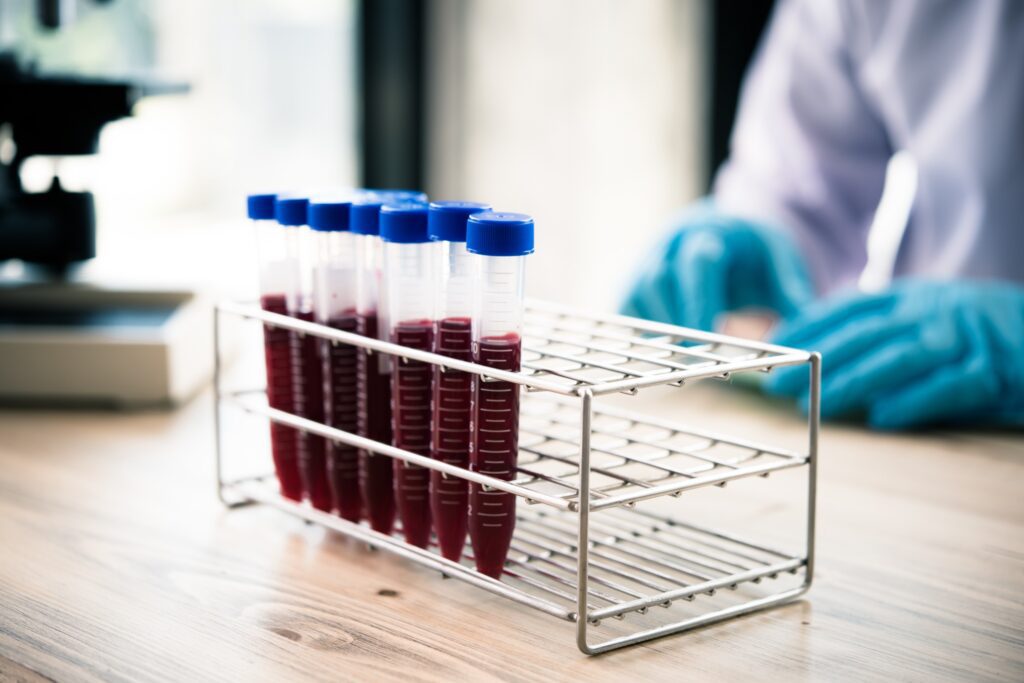In the meticulous world of clinical trials, good storage practices stand as the cornerstone of success. Especially when it comes to the preservation and maintenance of vital biological samples, advanced methods such as liquid nitrogen storage play a pivotal role. Within the shores of Australia, a heightened focus on cell care has pushed the boundaries of scientific research and patient care.
In this blog post, we’ll delve into the intricacies of good storage practices for clinical trails Join us as we unpack the essentials of safeguarding the integrity of clinical materials.
Regulatory Guidelines
Staying abreast of regulatory guidelines is critical in ensuring the integrity of clinical trial materials. In Australia, the Therapeutic Goods Administration (TGA) sets forth strict regulations that govern the proper storage conditions for pharmaceuticals and biological samples. These guidelines are designed to ensure that there is a consistent quality of trial substances, which is essential for accurate and reliable trial outcomes.
These regulations cover a range of considerations, including temperature control, security, and traceability of the samples throughout their lifecycle. Compliance with these guidelines not only upholds the quality of clinical materials but also reinforces the credibility and reliability of the clinical trial data.
Temperature Control
A core component of good storage practices is stringent temperature control. The stability of most pharmaceuticals is temperature-dependent, and any deviation from the prescribed conditions can degrade the samples.
Best practices for temperature monitoring include:
- Utilising calibrated, high-precision refrigeration units that are regularly serviced and maintained to ensure consistent temperatures
- Implementing continuous temperature monitoring systems with alarms to detect and alert any fluctuations beyond the acceptable range
- Conducting regular temperature mapping to confirm even temperature distribution within storage units
- Keeping a detailed log of temperature data for compliance with regulatory audits and investigations
- Ensuring that backup power systems are in place to maintain temperature control in the event of a power outage
In Australia, the need for tight temperature control has steered organisations towards best-in-class freezer storage containers and advanced Cryo storage solutions to maintain sample integrity.
Security and Inventory Management
Another vital aspect of storage is ensuring the security of trial materials. Controlled access to storage areas is necessary to prevent unauthorised handling which could compromise the trial’s integrity.
Effective inventory management methods like barcoding, detailed logging, and regular audits facilitate the tracking of each specimen and reduce the likelihood of errors.
The advent of biological data storage systems has digitised many aspects of sample management, allowing researchers to monitor quantities, sample conditions, and storage locations with unprecedented ease.
Documentation and Record-Keeping
Accurate documentation in a clinical trial is as critical as the research itself. Record-keeping practices must include:
- Detailed records of storage temperatures and maintenance activities for all refrigeration units, to verify adherence to regulatory guidelines.
- Comprehensive logging of access to storage locations to ensure tight security measures are observed.
- Meticulous tracking of all sample movements within and between storage areas to maintain the integrity and traceability of the samples.
- Maintaining up-to-date inventories, with clear identification for each sample, to prevent discrepancies and facilitate efficient recall if necessary.
- Ensuring that all records are easily accessible and securely backed up to protect against data loss.
Regulators require exhaustive records to trace the life cycle of each sample, and these records may need to be produced long after the trial has concluded.
Sample Retention and Disposal
After a trial, storing or appropriately disposing of samples is as important as the initial storage considerations. Retention times can vary based on the type of trial and the regulations involved, after which secure disposal must be carried out, especially when dealing with hazardous materials.
For services like umbilical cord blood storage, specialised protocols ensure the potential for future use is retained without compromising safety or quality.
Emerging Technologies for Storage
- Blockchain for Traceability: Emerging technologies like blockchain can significantly enhance the traceability of samples by providing an immutable ledger for all transactions.
- AI-Driven Temperature Monitoring: Artificial intelligence can predict and manage temperature regulation, offering preemptive solutions to potential storage environment fluctuations.
- Robotic Automation: Automated storage and retrieval systems can minimise human error and improve efficiency in sample handling.
- Cloud-Based Data Systems: Utilising cloud storage for documentation allows for secure and scalable record-keeping accessible from diverse locations.
- Nanotechnology in Sample Preservation: Nanomaterials offer the potential for enhanced sample storage solutions with better thermal insulation properties.
- 3D Printing of Custom Storage Solutions: 3D printing enables the creation of customised storage containers that can maximise space and potentially improve temperature stability.
Conclusion
The importance of good storage practices in clinical trials cannot be overstated. They ensure the safety, integrity, and reliability of clinical research and ultimately contribute to the development of new medicines and treatments that can change lives.
Though integrating the above aspects into clinical trials requires planning, investment, and continuous improvement, the benefits—they enhance regulatory compliance, trial accuracy, and data quality—far outweigh the costs.
Clinical trials form the bedrock of modern medical innovation. By upholding rigorous storage practices, researchers and professionals can ensure that their contributions to the field are solid, verifiable, and ultimately valuable to the global community.


